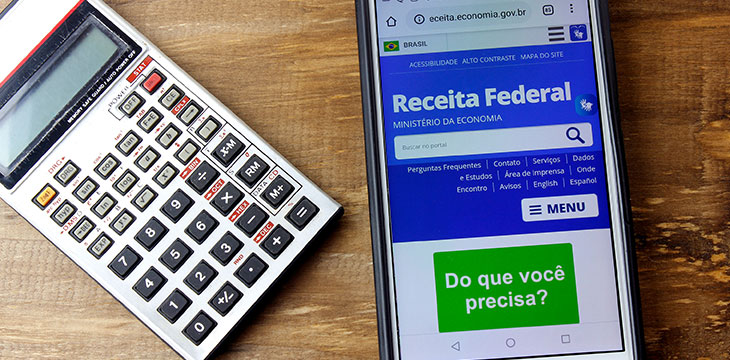|
Getting your Trinity Audio player ready...
|
Brazil’s taxation body, the Federal Revenue of Brazil (RFB), has passed a law that will require investors to pay personal income tax when they exchange one digital currency for another.
The declaration was published in the Diário Oficial da União (Official Diary of the Union). The law specifies that even when digital currency transactions do not involve Brazil‘s currency—the real—or any other fiat currency, any profit made from the transaction is taxable.
“The capital gain calculated on the sale of cryptocurrencies, when one is directly used in the acquisition of another, even if the acquisition cryptocurrency is not previously converted into reais or other fiat currency, is taxed by the Individual Income Tax, subject to progressive rates, in accordance with the provisions of art. 21 of Law No. 8,981, of January 20, 1995,” it reads.
However, the law will not apply to all traders. The RFB caps the reporting requirement at transactions that exceed 35,000 real (about $7200). The RFB states that the declaration was made following consultations that began last year.
Significantly, the RFB, which is under the Ministry of Economy, has passed the declaration despite protests from a member of the parliament. Kim Kataguiri (Podemos, or the National Labor Party) submitted an opinion to the National Assembly stating that he considers the Federal Revenue’s proposal illegal and unconstitutional.
Kataguiri highlighted that the constitution only provides for capital gains to be collected when currency is involved in a transaction. His protest stated that:
“In the exchange between crypto assets, there is no exchange involving currency; one crypto asset is exchanged for another, therefore, there is no equity increase.”
Digital currency regulations in Brazil
Brazil has had tax reporting requirements for digital currency investors since 2016. In 2021, the Latin American country began to consider making Bitcoin and other digital currencies legal tender.
This year has seen the Brazilian Senate approved a bill to regulate digital assets in the country. The bill, which is now waiting to be approved by the president, will place digital currency oversight powers in the hands of the executive arm of government.
The Securities and Exchange Commission (CVM) has already been identified as the body to oversee initial coin offerings (ICO). Regulators for other aspects of the market are yet to be identified, but the bill pages way for a concrete framework to be introduced.
There is speculation that the plans to legalize payment of workers’ salary in digital currencies that was proposed last year may proceed following the signing of the bill into law.
Watch the BSV Global Blockchain Convention Dubai 2022 Day 1 here:
https://www.youtube.com/watch?v=ggbZ8YedpBE
Watch the BSV Global Blockchain Convention Dubai 2022 Day 2 here:
https://www.youtube.com/watch?v=RzJsCRb6zt8
Watch the BSV Global Blockchain Convention Dubai 2022 Day 3 here:
https://www.youtube.com/watch?v=RzSCrXf1Ywc

 02-28-2026
02-28-2026 




